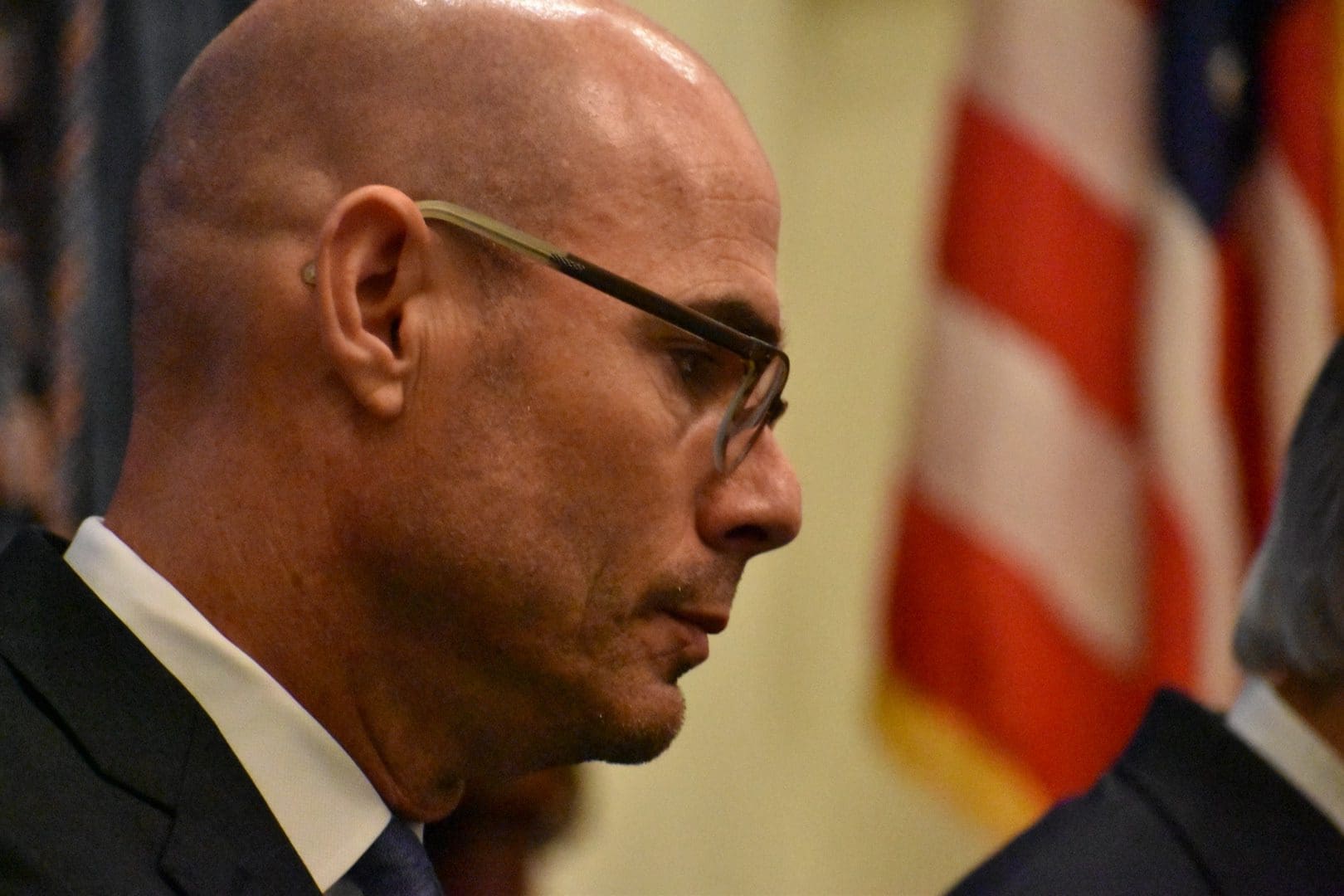If Republican House members are “smart,” they will ignore the loud repudiation of the culture in Austin by voters in Texas and continue to let Democrats run the show. That’s what they are being told by Austin insiders.
And it was the sentiment shared publicly by disgraced former Speaker Dennis Bonnen recently in an interview on the Austin-based cable station Spectrum News analyzing the ongoing election cycle and the upcoming legislative session.
Following last week’s bloodbath of Republican incumbents in the primary election (nine incumbents were defeated outright with more being forced into runoff elections), attention has turned to the race boiling in the background: Who will lead the Texas House in 2025?
Current Speaker Dade Phelan has been sent into a runoff election in his own district after coming in second place in the primary. Win or lose in the May runoff, lawmakers have already begun to move on from him. Discussions are churning about who the next speaker will be and, more importantly, how they will govern.
It’s a position in which Bonnen has limited experience. He was elected Speaker of the House in 2019, only to be forced to announce his resignation less than a year later due to his role in a bribery scandal. Phelan became Speaker in 2021 and has held the gavel ever since.
Capitol observers have argued, however, that Bonnen never really left. He’s still in Austin, having started a lobbying firm. His close allies—like State Reps. Dustin Burrows (R-Lubbock) and Cody Harris (R-Palestine)—have remained in power as chairs of powerful committees. It’s those same members that are now courting support behind the scenes in an attempt to keep the speakership in the hands of the same faction next session.
In the interview, former Democrat State Rep. Mark Strama, who has appeared alongside Bonnen in these regular segments, lamented the fact that the results of the election could mean that the next speaker does not appoint Democrats to chairmanship positions—a “tradition” that no other Republican state emulates besides Texas.
“The argument on the first day of session last session was, ‘We should be more like DC, we should not have a speaker elected with support from the minority party, and we should not have minority party members serving as committee chairs.’ That failed badly at the beginning of the last session. I worry that that will have more momentum this session,” said Strama.
Note: The issue of preventing Democrat chairs “failed badly” last session because Dade Phelan refused to allow members to vote on it.
Bonnen, who appointed Democrat chairs when he was speaker, naturally agreed with his Democrat counterpart.
“I think if the Republicans are smart, one of the greatest things that makes Texas better than Washington every day of the week is the fact that everyone has a chance to be heard in that body. And more importantly, how you make sure you don’t get treated like Kevin McCarthy did in Washington, DC, is that you leave Democrats interested in working with you,” said Bonnen.
It was another comment made by Bonnen that shed the most light on the mentality of the Bonnen-Phelan cabal that has plagued the House for years.
“If you say, ‘Democrats, take your things and go home,’ why would a Democrat vote for a Republican Speaker? Let the Republicans have chaos.”
Indeed…why would a Democrat vote for a Republican Speaker? Or, more importantly, why would a Republican Speaker want Democrat support?
Republicans hold a majority in the Texas House—currently 86 of the chamber’s 150 seats. That’s a reflection of the will of the voters who cast their ballots every two years. Furthermore, over 81 percent of Republican primary voters disapprove of the practice of awarding committee chairmanships to Democrats.
Bonnen continued, “But if the Republicans say, ‘you can still have a chairmanship and you can still be treated with respect, and you can still have your voice heard here’ as we’ve done forever,’ the Democrats have a reason to support that Speaker.”
He then ran through the math, saying the next Speaker could be elected by 50-60 Republicans joined by 20-25 Democrats, calling the remaining members “extreme.”
“[They] can yell and scream and bark at each other, while that 80-90 reasoned good people who want to represent their district go govern,” he added.
Bonnen’s blueprint for diminishing the voice of conservatives is one that was largely repudiated last week, where the issue of placing Democrats in powerful leadership positions was a marquee issue of many of the challengers who defeated conservative incumbents. It will be an even bigger issue in the upcoming runoff elections.
Through public interviews and private conversations, Bonnen and his shrinking group of allies are working hard to fight back against the conservative insurgency and to preserve the status quo.
Those who want to see the Texas House reformed as an institution must work harder.
No ads. No paywalls. No government grants. No corporate masters.
Just real news for real Texans.
Support Texas Scorecard to keep it that way!





